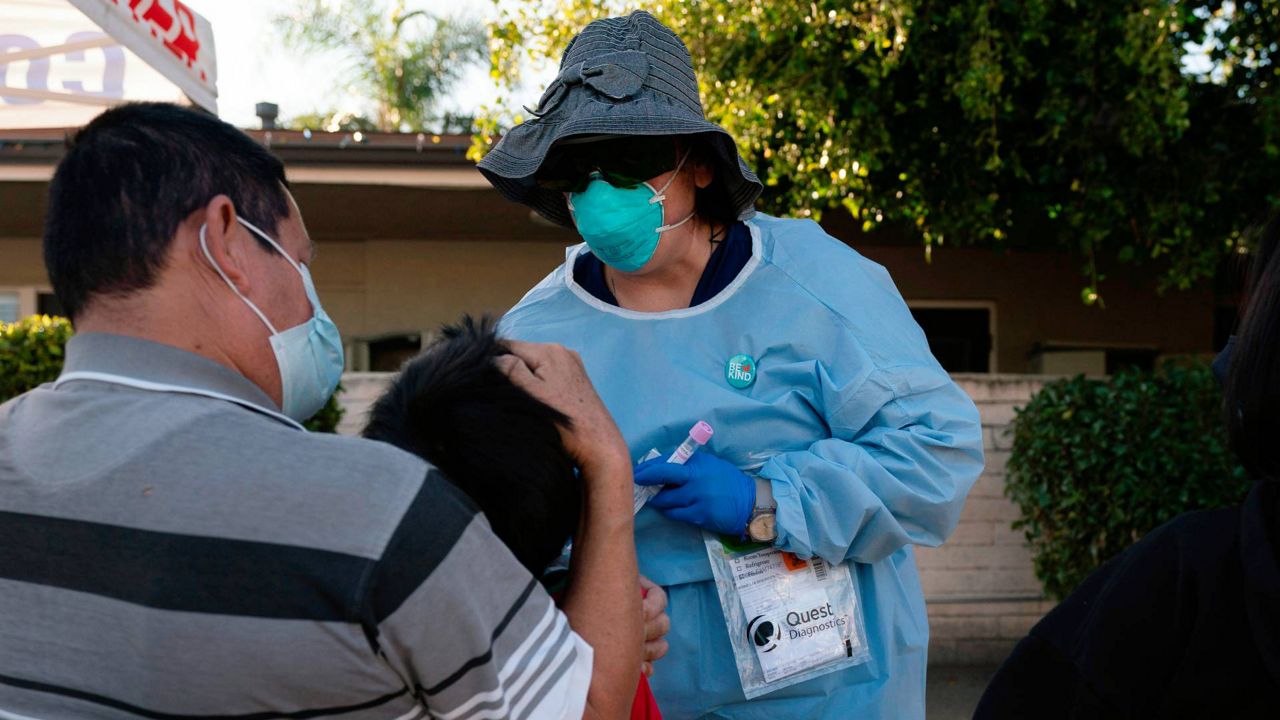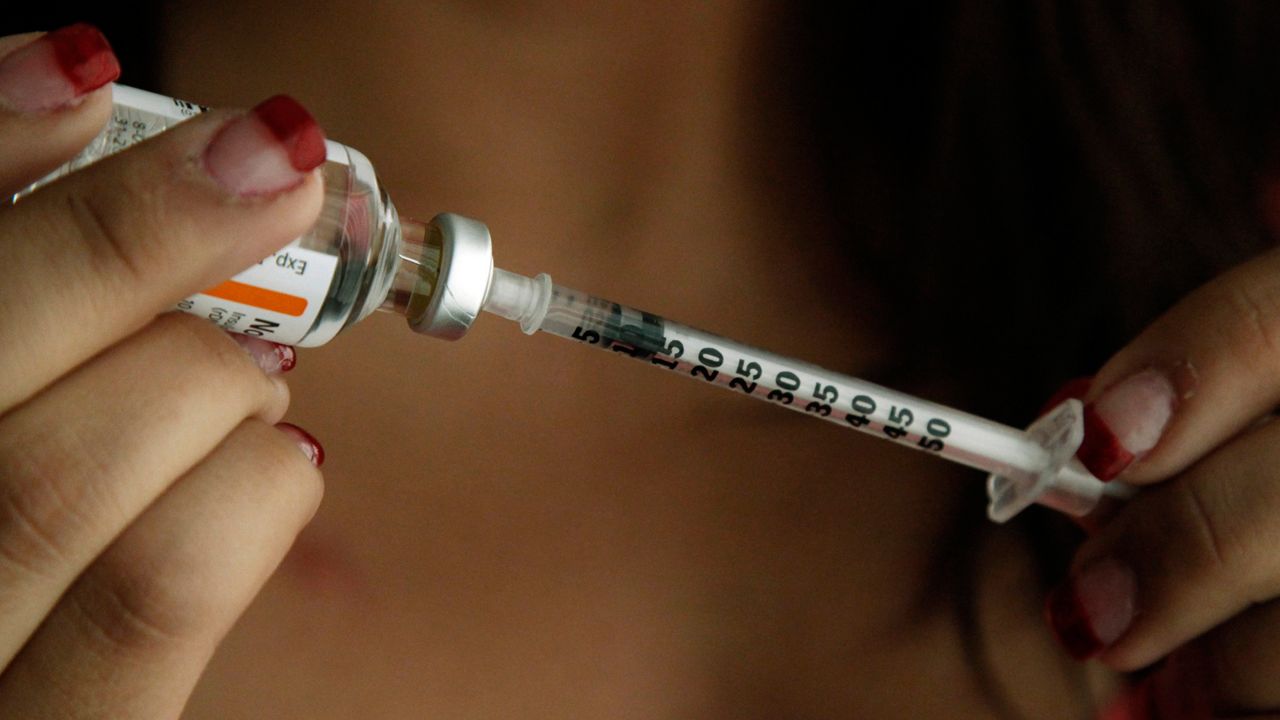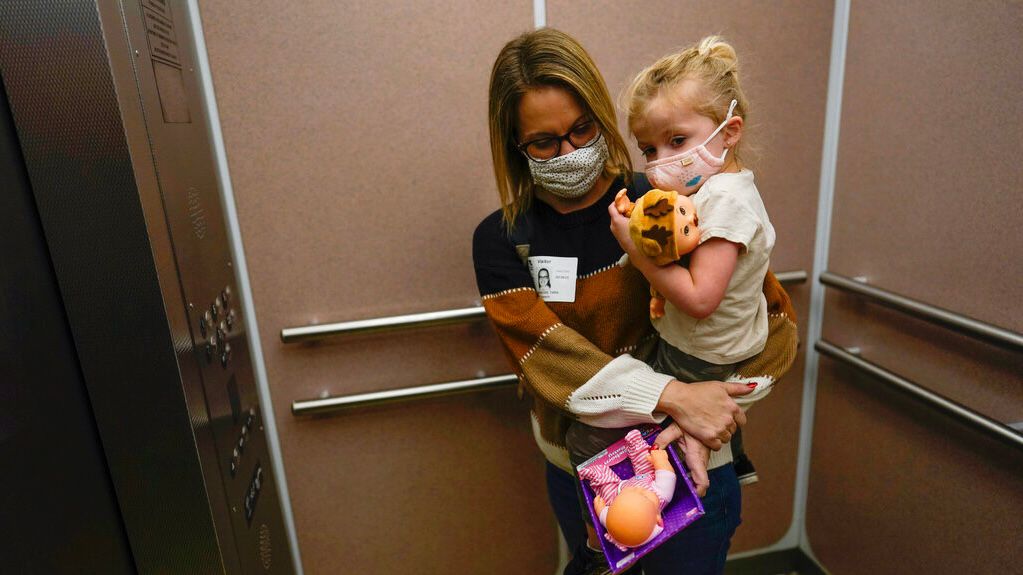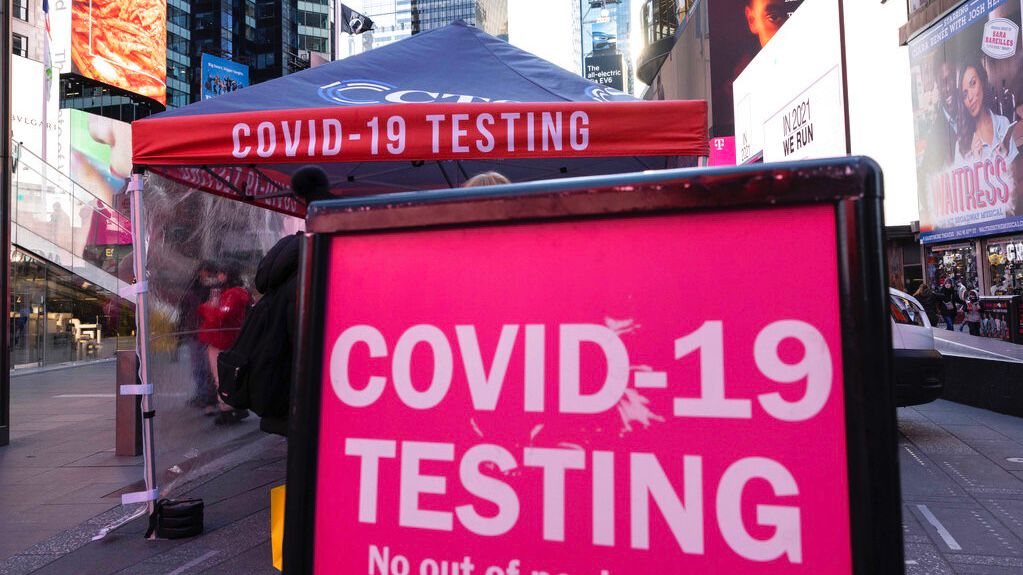ORANGE COUNTY, Calif. — The coronavirus summer wave has some medical experts worried the winter wave will be worse.
The new iteration goes by BA.5, appearing to be an offshoot of the omicron variant. But Andrew Noymer, a University of California, Irvine professor of population health and disease, said that’s the wrong way of looking at it.
“The differences are great,” he said. “Having a previous omicron infection doesn’t protect you against BA.5. People need to be aware this is really a new game. People can get it if they got it a few months ago. It’s really new, and not a shade of omicron. It should have been given a new Greek letter.”
The newest version of the virus has swept across the world, and in Japan, for example, COVID-19 is again raging.
The question remains: Can science outpace the many adaptations of the coronavirus?
It’s hard to say, as data about the virus is still coming in. Coronavirus has shown a startling creativity, finding a home in different species from bats to even the white-tailed deer in North America.
“I don’t think anyone saw that coming,” Noymer said.
Add to that a reticence among the public to return to masks despite spiking case rates. Many Southern California businesses have deleted old protocols. A January survey from Kaiser Family Foundation shows that fatigue has taken its toll on voters.
“While many vaccinated people have become infected with the omicron variant, a majority of the public (62%) continue to see the fact that most vaccinated people who get COVID-19 do not require hospitalization as a sign that the vaccines are working,” according to the report.
But recent variants and subvariants have shown increasing facility with adaptation.
Plus, there’s a data problem. While home tests have become more available and championed by the White House, they don’t differentiate between variants or record data. In-person testing that feeds data back to the Centers for Disease Control and Prevention tells little of what version of the virus has attached itself to the currently infected.
Summer is supposed to be one of the easiest times to avoid the coronavirus, as schools are no longer in session and families find more time outside. People have again crowded sports venues, concerts and neighborhood watering holes.
The confluence of all these factors could tumble the nation into a winter spike worse than past years. Specialized boosters are already in the works for omicron, but whether they’ll suit this newest strain is hard to say. The original vaccines were a revelation of in-process messenger RNA technology fused with a super-charged run through the Food and Drug Administration process.
However, as Noymer explained, new variants must be accounted for in the development of new drugs.
“I don’t think these omicron boosters [expected in that fall] are going to cut it. Prepare to be underwhelmed.”







